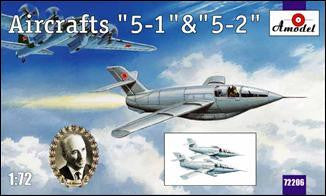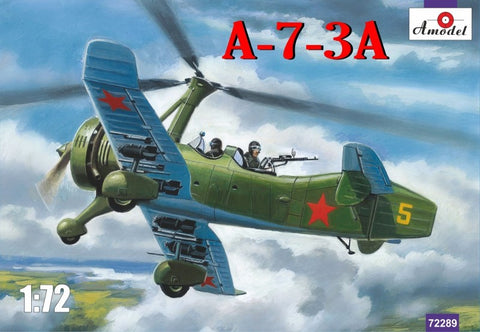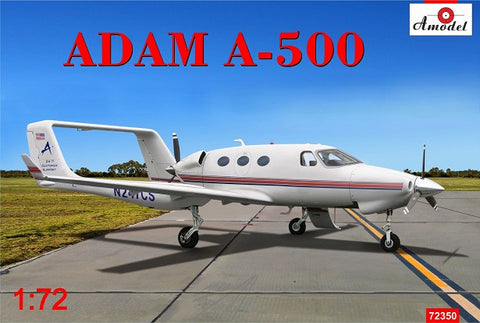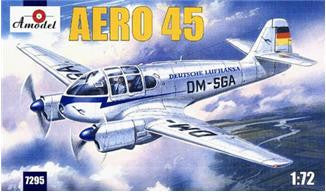
Emhar Military 1/72 WWI Whippet Mk A Medium Tank 1918 Kit
Estimated Shipping: 2-3 Business Days
EMH-5004Arriving in 1917, the Whippet was engineered to complement the new heavy tanks that were making inroads into the German lines, on the basis that the faster, lighter tanks could exploit the openings made by the Mark IVs and Vs. They were equipped with two engines and whether this is a coincidence or not, had double the speed over the field than the heavies, at an eye-watering 8mph. Armed with a quartet of Hotchkiss .303 machine guns shared between the commander and gunner, they could technically cover all-round, but this involved a lot of multi-tasking and hot-seating, which must have been difficult within the cramped crew compartment, which was at the rear of the vehicle. The engines were set in the centre of the hull, with the fuel at the front in an armored tank, which although exposed to enemy fire meant that there was a safety margin between the conflagration and the crew if it was hit.
The Whippet's abilities were demonstrated well, even though it was late to the fray, but losses were quite high. There are a number of stories of derring-do by Whippet crews that demonstrate the British fighting spirit of the time as much as the tank's abilities, although it was of course vulnerable to shell fire due to the lack of heavy armor. After the war some were exported to Russia and Japan, and one even turned up in Germany as a mount for the Freikorps. The exported vehicles were reputed to still be in service in the 1930s.
The Whippet's abilities were demonstrated well, even though it was late to the fray, but losses were quite high. There are a number of stories of derring-do by Whippet crews that demonstrate the British fighting spirit of the time as much as the tank's abilities, although it was of course vulnerable to shell fire due to the lack of heavy armor. After the war some were exported to Russia and Japan, and one even turned up in Germany as a mount for the Freikorps. The exported vehicles were reputed to still be in service in the 1930s.




